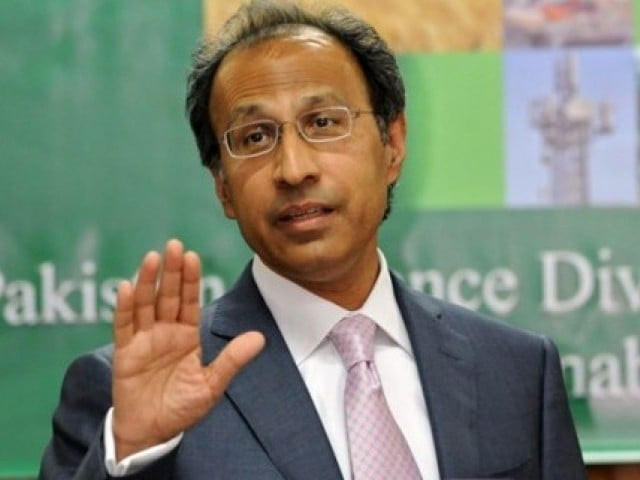Tax’s fate sealed: GST unlikely to be imposed this financial year
Shaikh admits to failure to implement new tax structure.

Tax’s fate sealed: GST unlikely to be imposed this financial year
Finance Minister Dr Abdul Hafeez Shaikh on Tuesday for the first time admitted his failure and said he could not meet the GST implementation condition and sought a nine-month extension for the bailout programme from the IMF.
The minister did not indicate his next course of action after failing to deliver on the key assignment. “The GST failure carries severe consequences in shape of high unemployment and inflation,” said former finance secretary Salman Siddique during a December 16 presentation to the prime minister.
The minister’s statement is contrary to what he has been saying on the GST. He had said that Pakistan would have to meet international commitments and it was his job to ensure the job was done.
The tight-lipped minister said “it will be up to the IMF Executive Board to consider the extension request as a separate agenda item or accept the request without calling the board meeting.”
Amidst lingering default on international payments Pakistan obtained $11.3 billion bailout package from the IMF in November 2008. The programme was for two years and it is going to end on December 31. The Fund has withheld two tranches of $3.6 billion due to non-implementation of GST.
Initially, the government implemented easy conditions like withdrawal of subsidies which did not have bearings on the elite. As soon as time came to target the elite, the government distracted from the reform path, consequently the Fund suspended the programme in May.
The finance minister did not respond to the question whether the IMF would entertain Pakistan’s request in the wake of its inability to deliver on the promise of levying GST, first in July, then in October and then in January.
“The GST bill will not be tabled in parliament until the government evolves a consensus,” said Khurshid Shah, chief whip of the ruling party in the lower house of parliament.
The time of extension indicates that the government has postponed the GST levy for the next financial year.
The finance minister said that he would soon hold a meeting with PML-N chief Mian Nawaz Sharif to win over support for the GST bill. His previous meeting remained fruitless, as the PML-N chief put the condition of eradicating corruption first.
The finance ministry is under severe criticism, as it did not prepare a Plan B in case the government failed to levy the GST. It has no plan how to deal with donors who have linked their loans with the implementation of GST.
The ministry in its presentation to Prime Minister Yousaf Raza Gilani said that if the donors blocked the funding it would lead to heavy domestic borrowing, causing unemployment and higher inflation.
Published in The Express Tribune, December 22nd, 2010.



















COMMENTS
Comments are moderated and generally will be posted if they are on-topic and not abusive.
For more information, please see our Comments FAQ